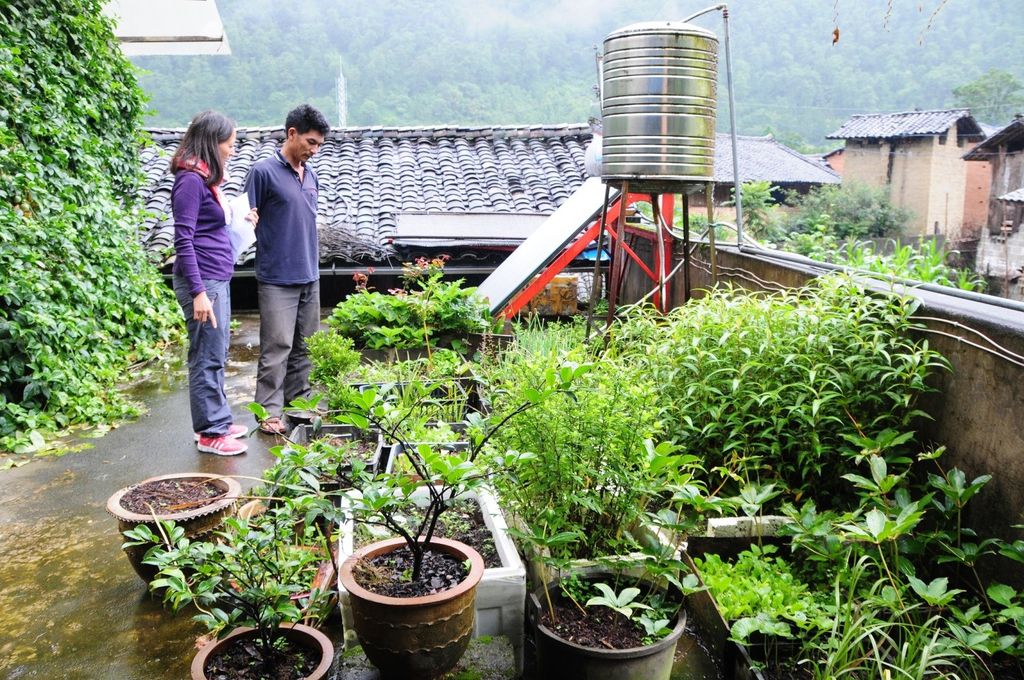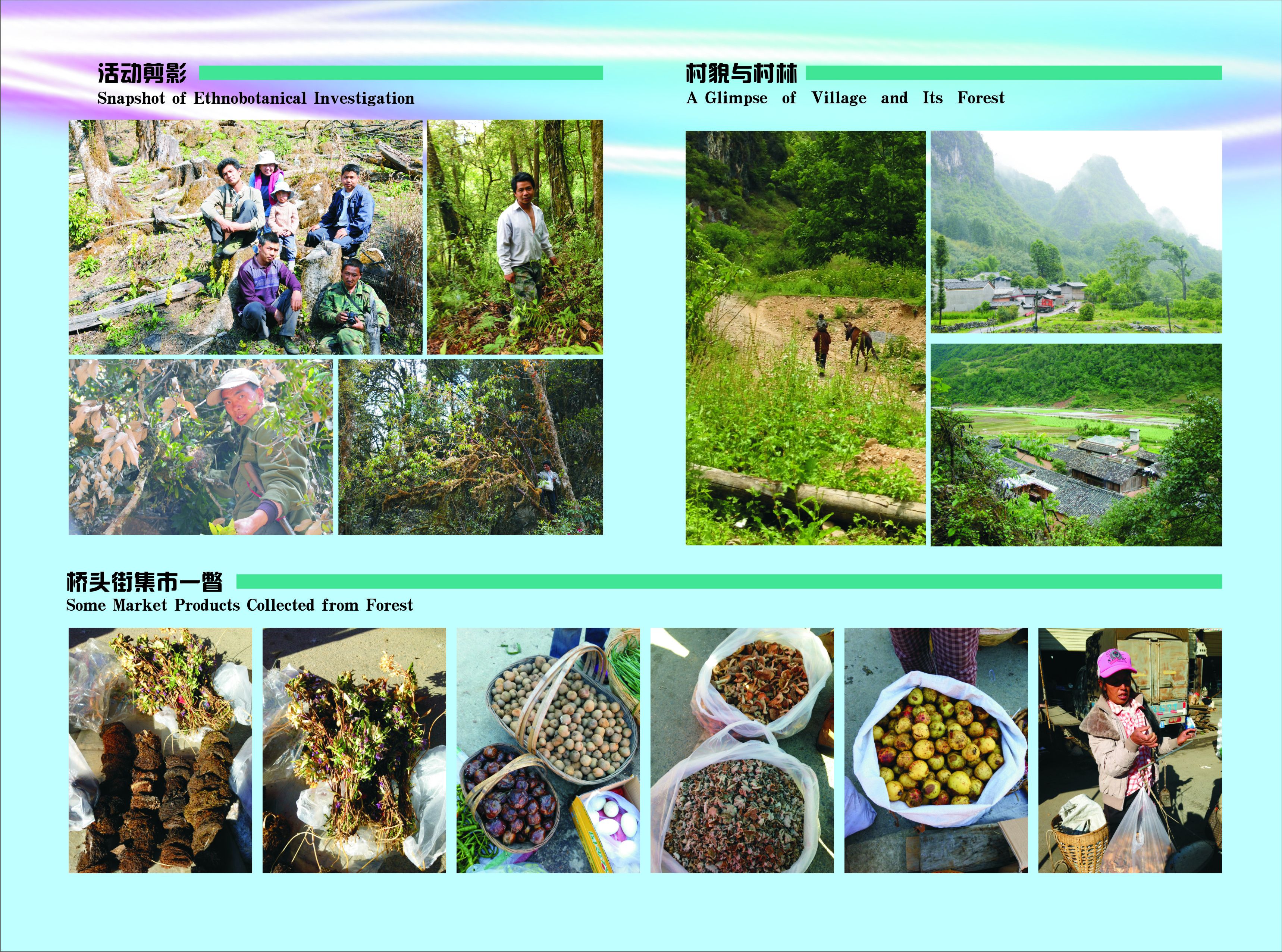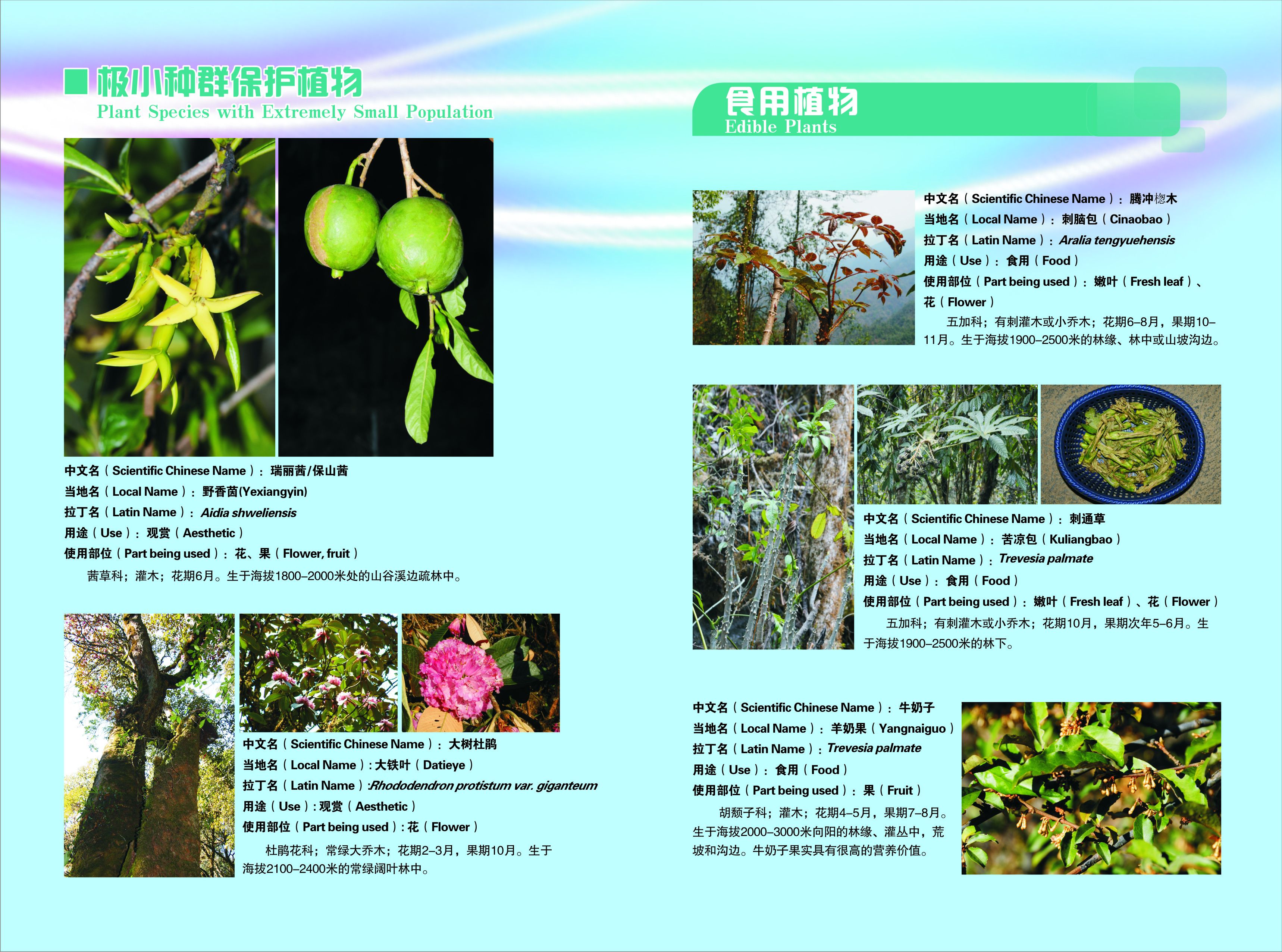Developing home gardens in Yunnan

-
Status of project
Completed -
Region
Asia -
Country
China -
Topic
Tree Conservation
Dahetou village, bordering the Gaoligong National Nature Reserve (UNESCO MAB), comprises some 2,700 hectares of semi-natural, broadleaved forest. Indiscriminate exploitation of forest resources, especially timber from socio-economically important species such as Magnolia cathcartii and M. doltsopa and various medicinal plant species as well as extensive planting of introduced crops, in particular Amomum tsao-ko, (Zingiberaceae) known as ‘false cardamom’, are significantly altering the area’s remaining natural plant diversity.
BGCI worked with local partners to develop and enhance home gardens in Tengchong county, Yunnan with native medicinal plants and vegetables, both for individual household use as well as for income generation.

Tengchong_3
Ethnobotanical Booklet of Dahetou Village in Tengchong County

Tengchong_4
Ethnobotanical Booklet of Dahetou Village in Tengchong County

Tengchong_2 (1)
Ethnobotanical Booklet of Dahetou Village in Tengchong County
Project activities:
- Conducting and distributing an ethnobotanical survey of species native to the region
- Designing model home gardens to include native plants with ornamental, medicinal and economic functions
- Planting saplings of Magnolia cathartii and M. doltsopa on communal land
This project has successfully promoted the use of native plant species in Dahetou village through the implementation of several complementary actions. Awareness of the ecological significance and economic potential of the regional forest’s native plant diversity was enhanced and documented in an ethnobotanical booklet which was widely distributed among the local community. While home gardening practices already include some 130 taxa with ornamental, medicinal and economic values, this project helped consolidate this practice through training workshops, competitions and the establishment of demonstration gardens. Strengthened horticultural expertise has also been utilised for restoration action. Over a thousand seedlings including M. doltsopa, M. insignis and M. cathcartii were planted on degraded communal land. Another key outcome of the project is newly established links between Dahetou villagers and farmers from other parts of Yunnan who have successfully cultivated socio-economic native plant species. This network has provided a platform for farmers to share propagation best practice which can be used to enhance the cultivation of native, socio-economically important plants in other parts of Tengchong county and beyond.